
Designing Identity: The Power of Textiles in Late Antiquity
Thelma K. Thomas, Jennifer L. Ball, Edward Bleiberg and Kathrin Colburn
Book
Ideals of character and beauty, and conceptions of self and society, were in flux during Late...
Awix (3310 KP) rated Citizen Kane (1941) in Movies
May 23, 2020
Trying to ascertain the extent of Citizen Kane's influence on the movies is a bit like trying to map the coastline of the USA without leaving Kansas: the film is packed with so many narrative and technical innovations it's impossible to conceive of the impact it had on the industry. Terrific performances and a clever, serious script about the dangers of choosing the love of power over the power of love, and many moments and images of throwaway genius. You might have expected Welles to make more of the possibilities for unreliable narration in the movie, plus some of his technical virtuosity seems more geared towards showing off than thought-through storytelling, but this is still a genuine classic. One wonders what else Welles might have achieved, had he been allowed to continue to make films with all the resources of Hollywood behind him - but it wasn't to be. Still, this film alone guarantees him immortality.
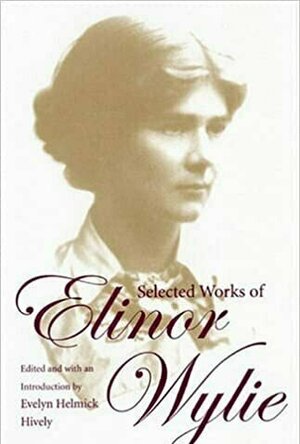
Selected Works
Book
In the 1920s Elinor Wylie's poetry and novels were critically acclaimed and enjoyed popularity in...

Jean Royere
Jean-Louis Gaillemin and Pierre-Emmanuel Martin-Vivier
Book
"In the inventive and joyful style Royere developed he artfully blended modernity and classicism...
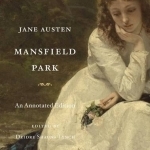
Mansfield Park: An Annotated Edition
Jane Austen and Diedre Shauna Lynch
Book
Jane Austen's most ambitious novel, Mansfield Park, has always generated debate. Austen herself...
Susanne Bier recommended 1917 (2020) in Movies (curated)

The Origin of Ideas: Blending, Creativity, and the Human Spark
Book
Why are we so innovative? Where do new ideas come from? Why are human beings so exceptionally good...
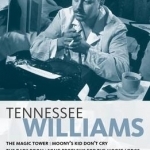
Tennessee Williams: One Act Plays
Book
The peak of my virtuosity was in the one- act plays. Some of which are like firecrackers on a rope....
Re-Thinking Economics: Exploring the Work of Pierre Bourdieu
Asimina Christoforou and Michael Laine
Book
Once again, unfettered capitalism has failed. Promises for global prosperity and peace have given...
Experiencing Carl Maria von Weber: A Listener's Companion
Book
Scholars have long recognized Carl Maria von Weber as the father of the German Romantic and...
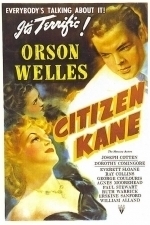
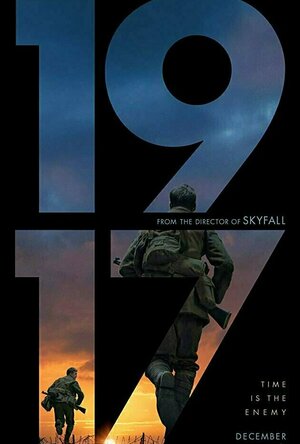

Andy K (10823 KP) May 24, 2020